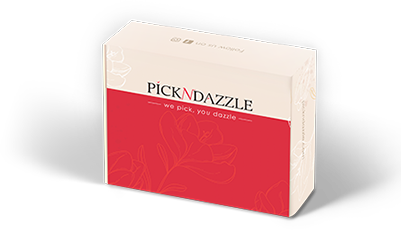What is a probiotic?
Probiotics are the naturally occurring “good” bacteria that live in your gut and play a significant role in your total wellness. When you’re healthy, your intestinal tract hosts over 100 trillion friendly bacteria (that’s 10 times more than the number of cells in your body), which spend their days aiding digestion, boosting the immune system, and consuming bad bacteria.
What is the connection between your stomach/gut and your skin?
The GI tract and skin are both organs of detoxification. When our gut flora is not healthy, and there are more bad bacteria than good bacteria, a lot of problems can arise — including chronic inflammation, which is a cause of acne and other skin problems. Some bad bacteria, fungus, and yeast can even cause inflammation in and of themselves. So, if you are looking to clear up your skin, you have to start with your gut.
How can you tell if your stomach is affecting the condition of your skin?
Experiment with cleaning up your diet and taking key supplements. Cut out wheat, sugar, and dairy
from your diet for two weeks, and take probiotics to help reduce inflammation in the gut that may be linked to acne. You can also take a fish-oil supplement to reduce inflammation.
How can you tell if a probiotic will benefit you?
Try it and see if your symptoms improve. You may notice improved digestion, clearer skin, and better immunity (being less susceptible to catching colds, for example).
How often should you take probiotics?
Look for probiotics that deliver 20 to 50 billion live organisms per dose and contain a combination of different strains of lactobacillus and bifidobacteria. Be Well Probiotics contain the five best-researched, most viable, and stable strains of bacteria known today. Take probiotics as directed, once or twice a day, preferably with meals.
Source: www.nymag.com




